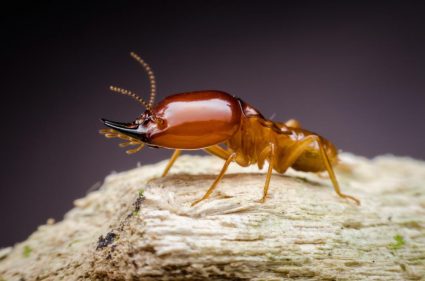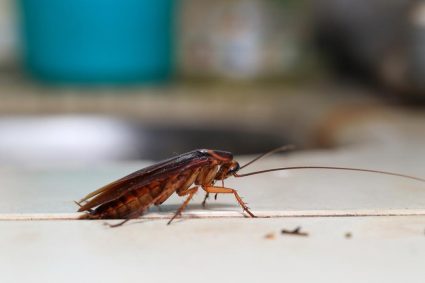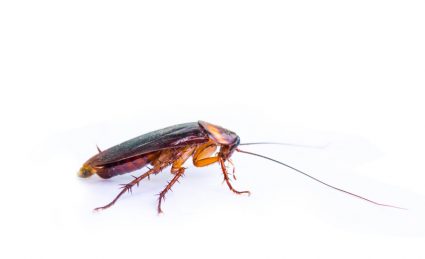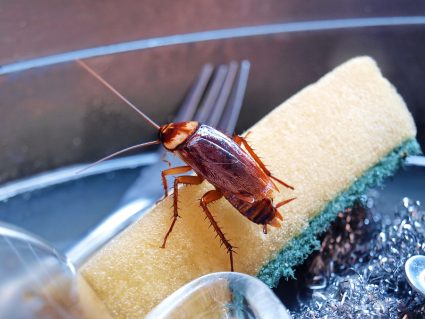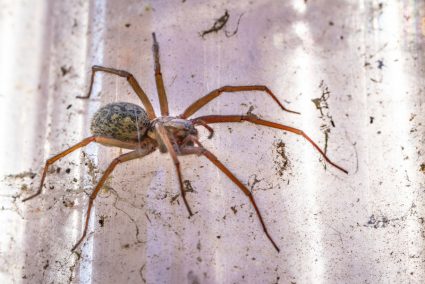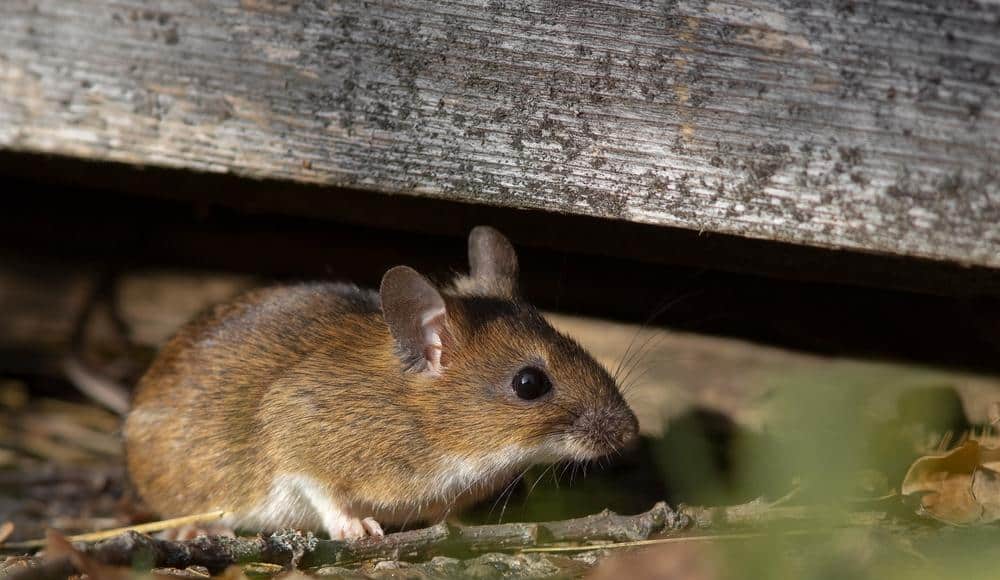
Whether it’s the patter of tiny feet on the floor, the rustling of nesting materials in the corner, or the sight of droppings scattered about, having mice in your basement is a problem that needs immediate attention. Not only do these rodents pose a risk to your health, but they can also cause significant damage to your property. This comprehensive guide will provide you with all the information you need to keep mice out of your basement effectively.
To keep mice out of your basement, you need to seal any gaps and holes where they can enter, repair or replace damaged doors and windows, remove attractants by cleaning and decluttering, maintain proper sanitation, use repellents, install screens on vents and chimneys, and inspect and repair your home’s foundation. For severe infestations, professional pest control services may be required.
Signs of a Mouse Infestation in Your Basement
Before you can address a mouse problem, you need to be certain that you have one. Here are the main signs of a mouse infestation in a basement:
- Mouse droppings: These are typically black or brown in color and shaped like rice grains.
- Nibble marks: Small bite marks on various materials in the basement can indicate the presence of mice.
- Noises: Mice are most active at night, so you might hear movements or squeaking sounds.
- Foul odor: An acidic, musky smell of mouse urine can suggest an infestation.
- Actual sighting of a mouse: Seeing a live or dead mouse in the basement is a clear sign of an infestation.
- Tracks and tail marks: Dusty environments can show rodent tracks and tail marks. Sprinkle flour or talcum powder and look for footprints to confirm activity.
Effective Methods to Prevent Mice from Entering a Basement
Once you’ve confirmed the presence of mice, it’s time to take action. Here’s how you can prevent mice from entering your basement:
- Seal gaps and holes: Mice can fit through a hole as small as 1/4 inch in diameter. Fill small holes with steel wool and seal them with caulk or spray foam.
- Repair or replace damaged doors and windows: Ensure that basement doors and windows are properly sealed, and repair or replace any damaged seals.
- Remove attractants: Keep your basement clean and free of clutter, which can provide nesting materials and hiding spots for mice. Store food in sealed containers and avoid leaving pet food open.
- Maintain proper sanitation: Regularly clean your basement to eliminate potential food sources and nesting materials for mice.
- Use repellents: Some repellents, such as peppermint oil, can be applied to cotton balls and placed around the basement to deter mice. Ultrasonic repellents can also be used to keep mice away.
- Install screens on vents and chimneys: Cover exhaust fans, vents, and chimneys with metal or copper screens to prevent mice from entering your home.
- Inspect and repair foundation: Check your home’s foundation for cracks and gaps, and repair them as needed to prevent mice from entering.
Risks and Dangers of Having Mice in the Basement
Having mice in the basement is not just a nuisance – it can also pose serious health risks. Mice can spread diseases such as hantavirus, salmonellosis, and listeria through their urine, droppings, saliva, and nesting materials. They can also cause significant property damage by chewing through electrical wires and insulation. Moreover, the accumulation of feces can trigger allergic reactions in humans and contaminate food sources.
The Role of Professional Pest Control Services
While DIY methods can work for minor infestations, severe mouse problems may require professional intervention. Professional exterminators have the expertise, equipment, and access to specific chemicals that can help eliminate mice more efficiently and safely. They can also help with rodent-proofing your home by sealing entry points and providing advice on sanitation and preventive measures.
Conclusion
Prevention is key when it comes to keeping mice out of your basement. By sealing entry points, maintaining cleanliness, and using repellents, you can make your basement less appealing to these rodents. However, if you have a persistent problem, don’t hesitate to reach out to a professional pest control service. Remember, the health risks and potential property damage make it crucial to deal with a mouse infestation promptly and effectively.
Frequently Asked Questions
What are some other signs of a mouse infestation?
Apart from the signs mentioned in the blog, other indicators of a mouse infestation can include finding mouse nests made of shredded paper or other fibrous material, finding stored food supplies like seeds or pet food in hidden areas, and noticing damage to stored items such as boxes or insulation.
Can mice climb walls or stairs to reach the basement?
Yes, mice are agile creatures. They can climb walls, stairs, and even vertical surfaces if the surface is rough enough to provide a grip. This is why it’s important to seal all potential entry points, not just those at ground level.
What should I do if I find a mouse nest in my basement?
If you find a mouse nest, it’s a clear sign of an active infestation. Don’t try to remove it yourself as it can be hazardous due to the potential presence of disease-causing pathogens. Instead, contact a professional pest control service to handle the situation safely and effectively.
Are there any specific types of food that attract mice?
Mice are opportunistic feeders and will eat almost anything. However, they have a preference for grains, seeds, and sweet foods. Therefore, any food items stored in the basement, especially those belonging to these categories, should be kept in sealed containers.
Are there any natural predators that can help control a mouse infestation?
Yes, many animals such as cats, owls, snakes, hawks, and certain types of dogs like terriers are natural predators of mice. However, relying solely on natural predators to control a mouse infestation is not the most effective method, especially if the infestation is large.


